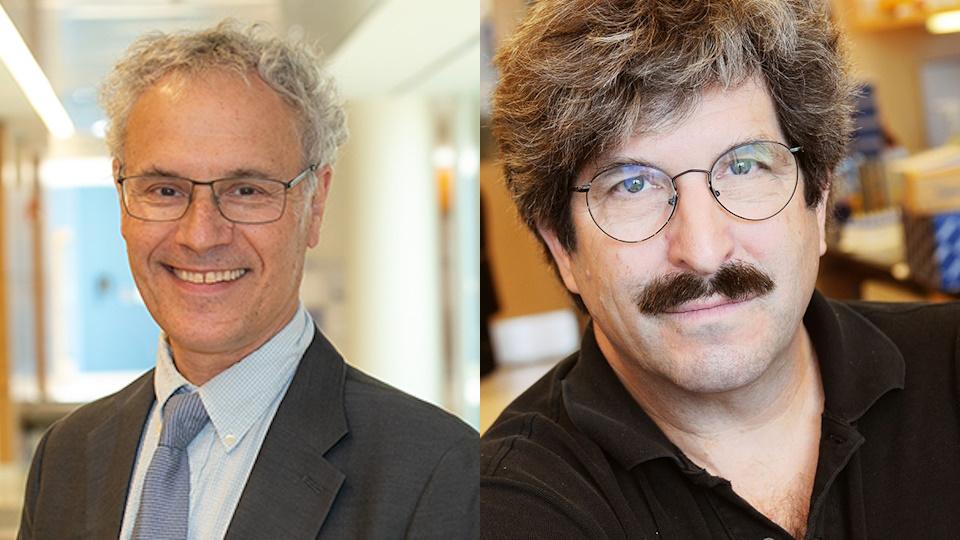MicroRNA pioneers win Nobel Prize for medicine

Victor Ambros (l) and Gary Ruvkun (r) share the 2024 Nobel Prize in Physiology or Medicine
Victor Ambros and Gary Ruvkun have shared this year's Nobel Prize in Physiology or Medicine for their discovery of microRNA, a class of RNA molecules that play a crucial role in gene regulation.
The origin of their recognition comes from a pair of studies published in the journal Cell way back in 1993, which demonstrated for the first time that microRNA was involved in gene regulation in the roundworm Caenorhabditis elegans – a finding that the Nobel Prize committee has said was "initially met with almost deafening silence from the scientific community."
At the time, the prevailing view was that the phenomenon was peculiar to C elegans and likely irrelevant to more complex animals, including humans, and that persisted until 2000, when Ruvkun's research group published their discovery of another microRNA that was found across the animal kingdom.
Fast forward to today, and hundreds of microRNAs have been identified, with estimates that there are more than a thousand genes for different microRNAs in humans alone and that post-transcriptional gene regulation by microRNA is universal among multicellular organisms. Now, microRNAs are now emerging as both new targets and strategies to diagnose and treat diseases.
Human microRNAs have been implicated in heart disease, in viral pathogenesis, and in regulation of neural function and disease, while therapies based on microRNAs are in clinical trials for heart disease, cancer, neurodegenerative diseases, and more.
Ambros (70) was born in 1953 in Hanover, New Hampshire, and received a PhD from MIT before becoming a principal investigator at Harvard University and then joining Dartmouth Medical School, where much of his original work on microRNAs was carried out. He is currently Silverman Professor of Natural Science at the University of Massachusetts Medical School.
Ruvkun (72) was born in Berkeley, California in 1952, and got his PhD from Harvard University in 1982. He had a spell as a postdoctoral fellow at MIT before becoming a principal investigator at Massachusetts General Hospital and Harvard Medical School in 1985, where he is now Professor of Genetics.
The winners share a prize fund worth 11 million Swedish kronor ($1.1 million). This year's Nobel Prize award ceremony will take place on 10th December in Stockholm, Sweden, the anniversary of the death of Alfred Nobel, who founded the competition in 1901.
Last year's Nobel Prize in Physiology or Medicine was awarded to Katalin Karikó and Drew Weissman for their work on technology that led to the development of mRNA-based COVID-19 vaccines.












